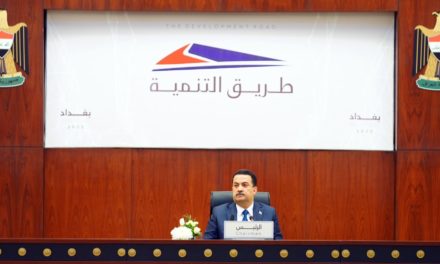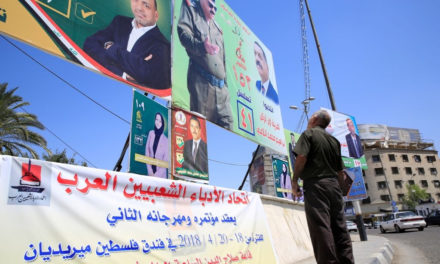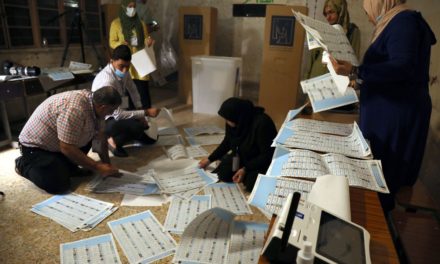(Iraq’s Oil Minister, Thamer Ghadhban. Photo: Reuters)
There is increased discussion amongst Iraq’s political class with regards to withdrawing from OPEC and the political and economic ramifications of such a decision on Iraq and the international markets. This debate gained traction in the wake of Qatar’s withdrawal from OPEC, one of the founders of the organization. Qatar’s decision coincided with a statement by a U.S. adviser to the Iraqi Ministry of Oil in an interview where he said the interest of Iraq may be in ignoring OPEC’s limited quotas. At an uncertain time in the global oil market, this may not only undermine the roll of OPEC, but threaten the existence of the institution altogether, as the role of Qatar may be limited due to its size, the loss of Iraq as the second-largest oil supplier with 4.4 billion barrel per day is far more detrimental.
Recent developments have allowed Iraq’s Ministry of Oil to stress that OPEC must reach a medium-to-long term strategy to stabilize the crude oil price and reduce the damage caused by geopolitical factors on the oil markets, which implicitly reveals Iraq’s conditions to remain in OPEC.
In light of forecasts that global demand for crude oil will decline in 2019 as consumption decreases, competing states pumping more oil, and differences on how to distribute the reduction between OPEC and OPEC plus countries, OPEC held a crucial meeting on December 6. The meeting was followed by another meeting on December 7, with the OPEC plus countries, resulting in cutting output by 800,000 barrels per day during the first half of 2019 by OPEC members and 400,000 barrels by OPEC plus members.
What makes the negotiations more complicated are the demands of certain OPEC members to be exempt from the new deal because of their individual circumstances. Eventually the demands of Iran, Venezuela, and Libya were accepted because of the imposed sanctions on Iran and Venezuela by the U.S. and the difficult circumstances in Libya. The exemptions do not include Iraq anymore, which has special circumstances of its own relating to reconstruction in the wake of the war against ISIS and years-long sanctions imposed after invading Kuwait, which means limited exports of crude oil from Iraq.
The withdrawal of Iraq will free it from quotas imposed by OPEC, but on the other hand, this may jeopardize the existence of the organization, which means going back to the market of the 1960’s when no regulation was overseeing oil sales, leading to poor prices. Any producers in the current global market, including the major ones, will not be able to ensure a fixed share in the market, which means that if OPEC collapses, it will result in heavy losses for all producers and a crash in crude oil prices. Furthermore, the extra export by Iraq in this scenario will not equal the losses caused by the crash of crude oil prices.
Despite not being part of the members exempted, Iraq’s support for OPEC is essential at this stage. Not only because of Iraq’s dominant place within the organization as the second-largest crude oil supplier, but also because the declining role of the organization needs it. OPEC now only represents 30% of the total global market of crude oil supplies due to the increase in the number of oil exported from other countries, such as the expansion in US oil production, which caused critical changes and destabilized the global oil market.
If oil income is not stable, this will cause a problem for the Iraqi federal budget, which is heavily based on oil revenue and will jeopardize sustainable development. It may lead to political and diplomatic crises with other oil producing countries, instability which Iraq can do without at the moment.
The best choice for Iraq during this crucial moment is to support the negotiations to expand OPEC to be a more effective organization; support the efforts to reach a medium-to-long term strategy in order to stabilize the price of crude oil and reduce the damage caused by geopolitical factors on the oil market and; the Iraqi government should come up with alternative options to avoid the ramifications of any sudden changes in the global market. In Iraq’s situation, the development of the natural gas sector and the investment and build-up of the equipment to produce liquefied natural gas (LNG) is essential. LNG is considered a promising sector worldwide due to increasing global demand. At the same time, it is also one of the best medium-to-long term resolutions, which can reduce the risks and the impacts of the changes in the crude market on Iraq.

Youssef Ali
Youssef Ali is a Ph.D researcher in international law. He specializes in international oil and gas law and is interested in Iraqi political and legal affairs.










